Posted on 12/19/2023
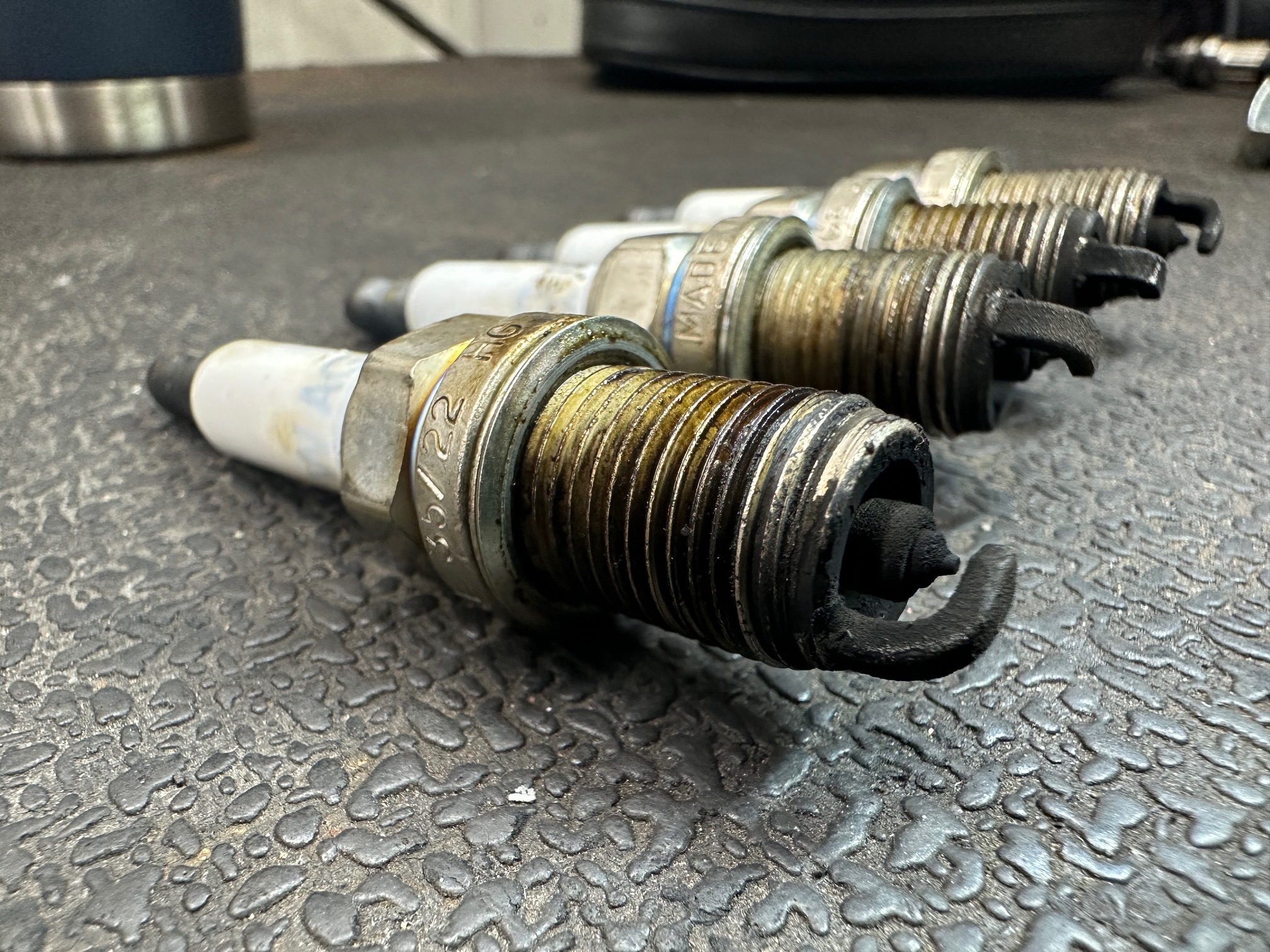
The spark plug is a tiny component in your engine that keeps your car running smoothly. It ignites the fuel in your engine and provides the power to move your vehicle. However, not all vehicles need the same number of spark plugs. Let’s discuss how many spark plugs your car needs to run efficiently. The number of spark plugs your car requires depends on the type of engine it has. Four-cylinder engines require four spark plugs. Six-cylinder engines need six spark plugs. Eight-cylinder engines require eight spark plugs. It's crucial to use the correct type recommended by the vehicle's manufacturer. Copper spark plugs are the most common and cost-effective spark plugs. Plati ... read more
Posted on 11/27/2023
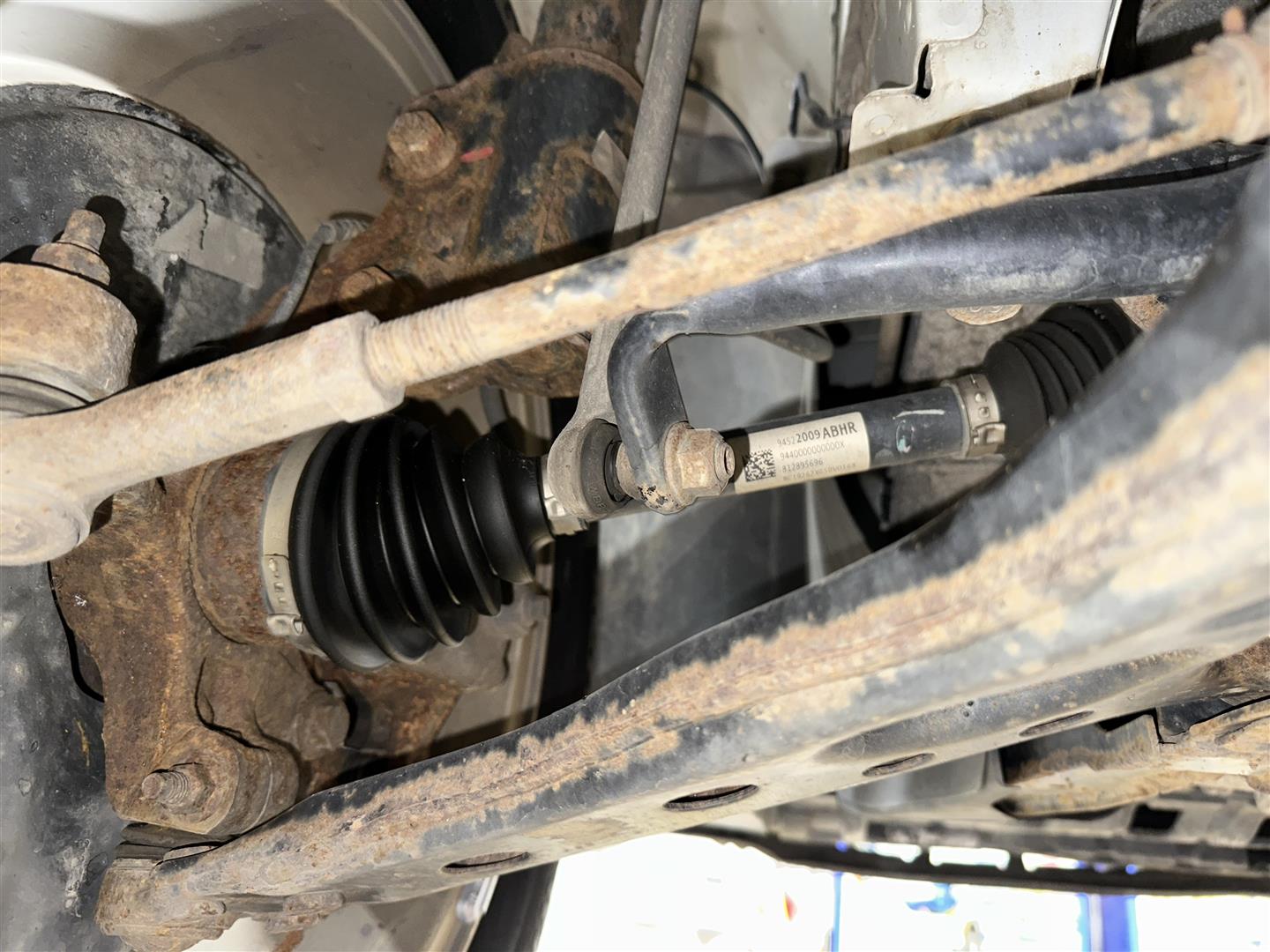
Ever wondered what axles are on a vehicle? Well, you're in the right place. Axles are crucial parts that help your car move and stay balanced. Let's dig into this guide to understand more about them. Understanding Axles Axles are like the backbone of your car's wheels. They are long rods that connect the wheels, enabling them to turn and rotate. An axle consists of three main parts: the shaft, bearings, and hubs. Here are the different types of axles: Front axles Rear axles Drive axles (for power) Non-drive axles (for support) Functions of Axles Axles have vital roles in making your vehicle work smoothly. They support the weight of the car and allow it to stay on the ground. Axles also help in steering, making it easy for you to control the vehicle. Plus, they transmit power from the engine to the whee ... read more
Posted on 11/20/2023
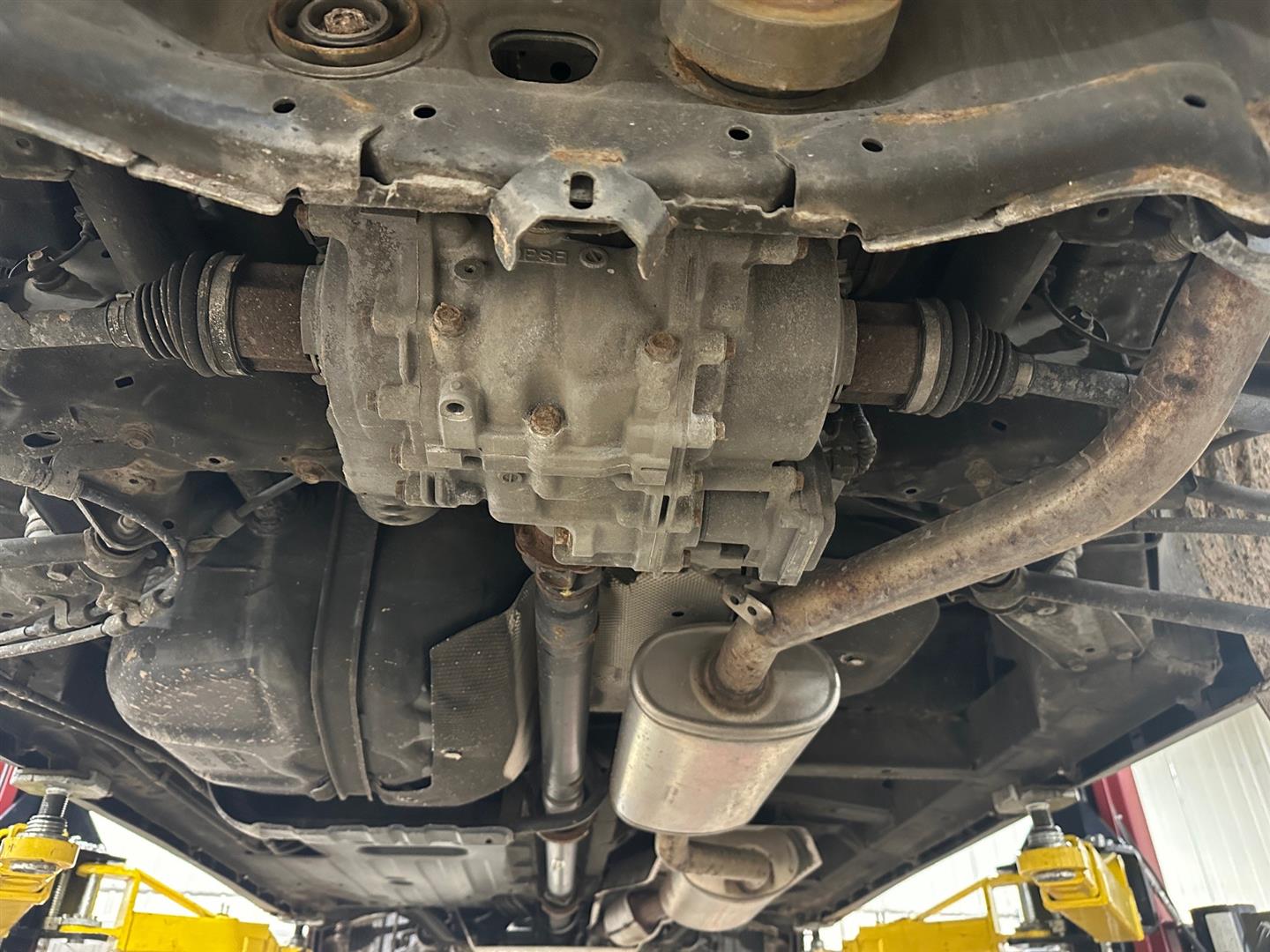
Have you ever wondered how your car is able to turn without slipping or skidding? Or how it is able to send power to two wheels, but not the other two? The answer is in a very important part of your car called the differential. Let's discuss what a differential is, how it works, and why it’s important for your car. What Is A Differential? The differential is a device that is found in vehicles with wheels that deliver power to the ground. It is located in the center of the rear axle. This enables the wheels to turn at different speeds while still maintaining equal torque. When you make a turn, the outside wheels need to turn faster than the inside wheels to cover more distance. And this is where the differential comes in. What Is In The Differential? The differential is made up of gears and bearings that allow each wheel to ... read more
Posted on 11/7/2023
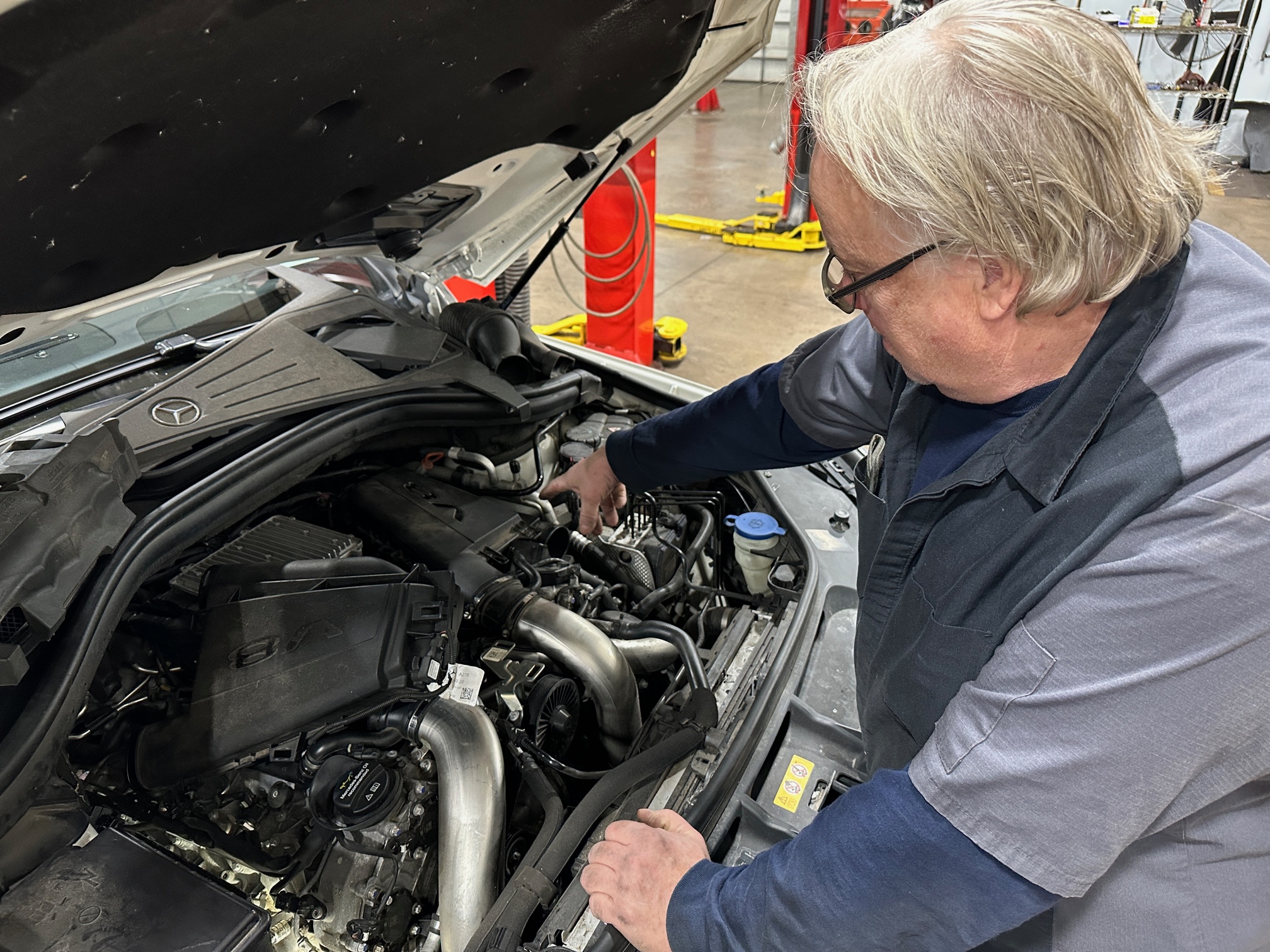
Have you ever thought about how your car actually starts? It's all thanks to something called the ignition system. But what exactly does it do? Well, the ignition system gets your car's engine going. This system creates the spark needed to start the engine by igniting the fuel and air mixture. Let's break down this important system and see how it operates. Your vehicle's battery sends the electricity required to power the other components of the ignition system. The battery sends electricity to the starter, which gets the engine running. The battery supplies power to the ignition coil. The ignition coil generates the spark needed to ignite the fuel and air mixture. The next part is the ignition coil which takes the low voltage from the battery. Then t ... read more
Posted on 10/10/2023
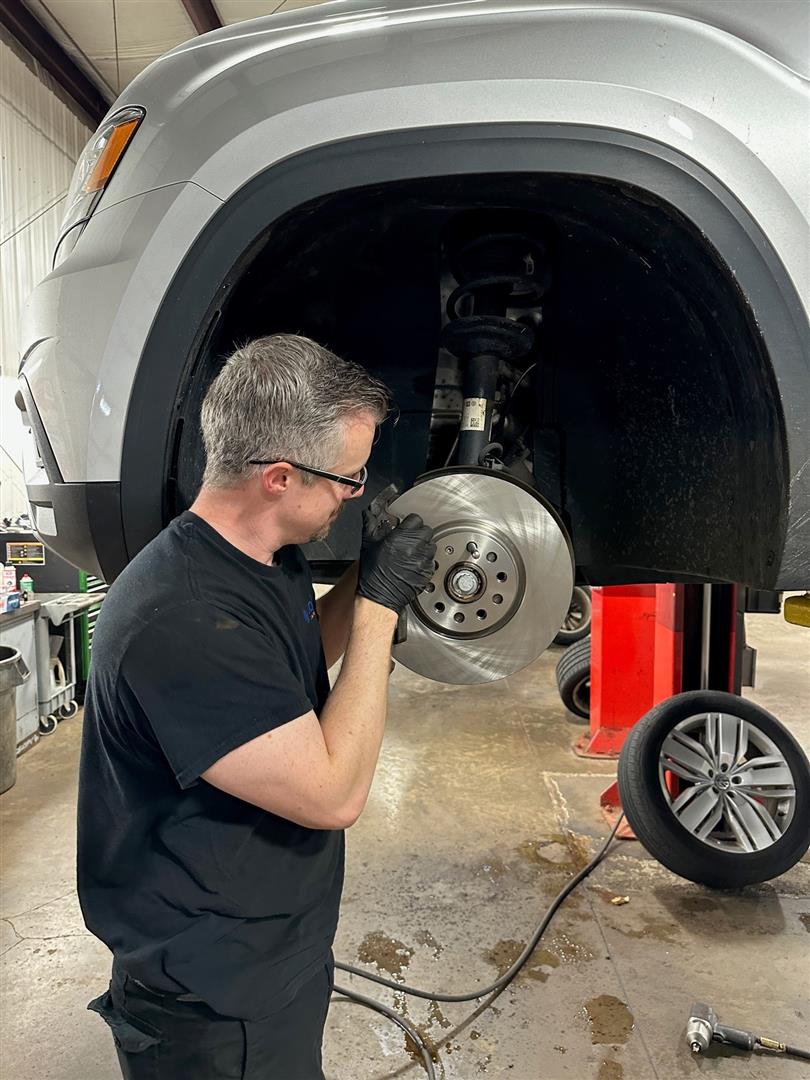
Vehicle maintenance is crucial to extend its lifespan. And prevent costly repairs down the road. That’s where preventative maintenance comes in. Preventative maintenance helps prevent potential issues from becoming bigger problems. Let's take a closer look at what exactly preventative maintenance is, why it’s important, and some practical tips you can follow. What is preventative maintenance? Preventative maintenance involves routine services like oil changes, tire rotations, and brake inspections. These services aim to prevent issues from becoming serious problems. By keeping up with these regular checks, you can extend the life of your vehicle. And avoid costly repairs down the road. Why is preve ... read more
Posted on 9/18/2023
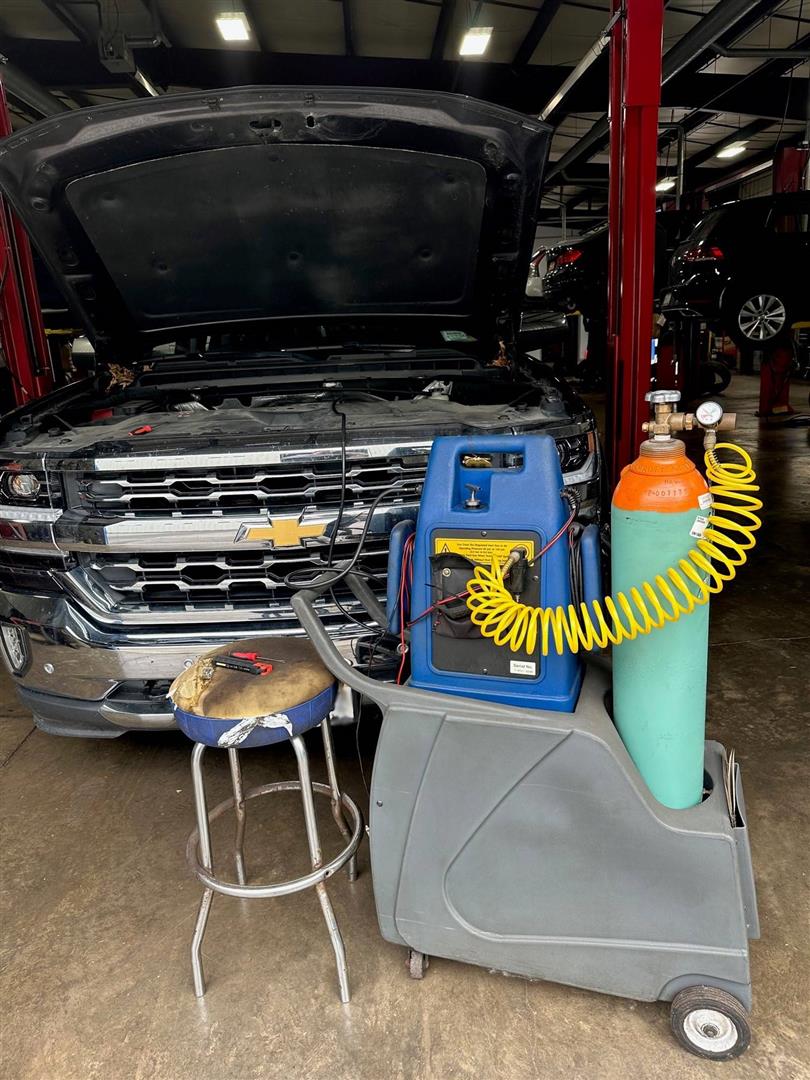
An EVAP test is like a checkup for your car to make sure it's not letting out bad stuff into the air. Understanding what it is and how it works is important. What's the EVAP System? EVAP stands for Evaporative Emissions Control System. This keeps gas fumes from escaping your car's gas tank. During an EVAP test, a mechanic looks for any holes or leaks in this system. How Does the EVAP Test Work? The mechanic first makes sure your gas cap is on tight and then tests your car's fuel system. They even use a machine that blows smoke into your fuel system to find leaks. Tips to Pass the EVAP Test To make sure you pass the EVAP test: 1. Always seal your gas cap tightly. 2. Don't drive your car with an almost empty gas tank. ... read more
Posted on 9/1/2023
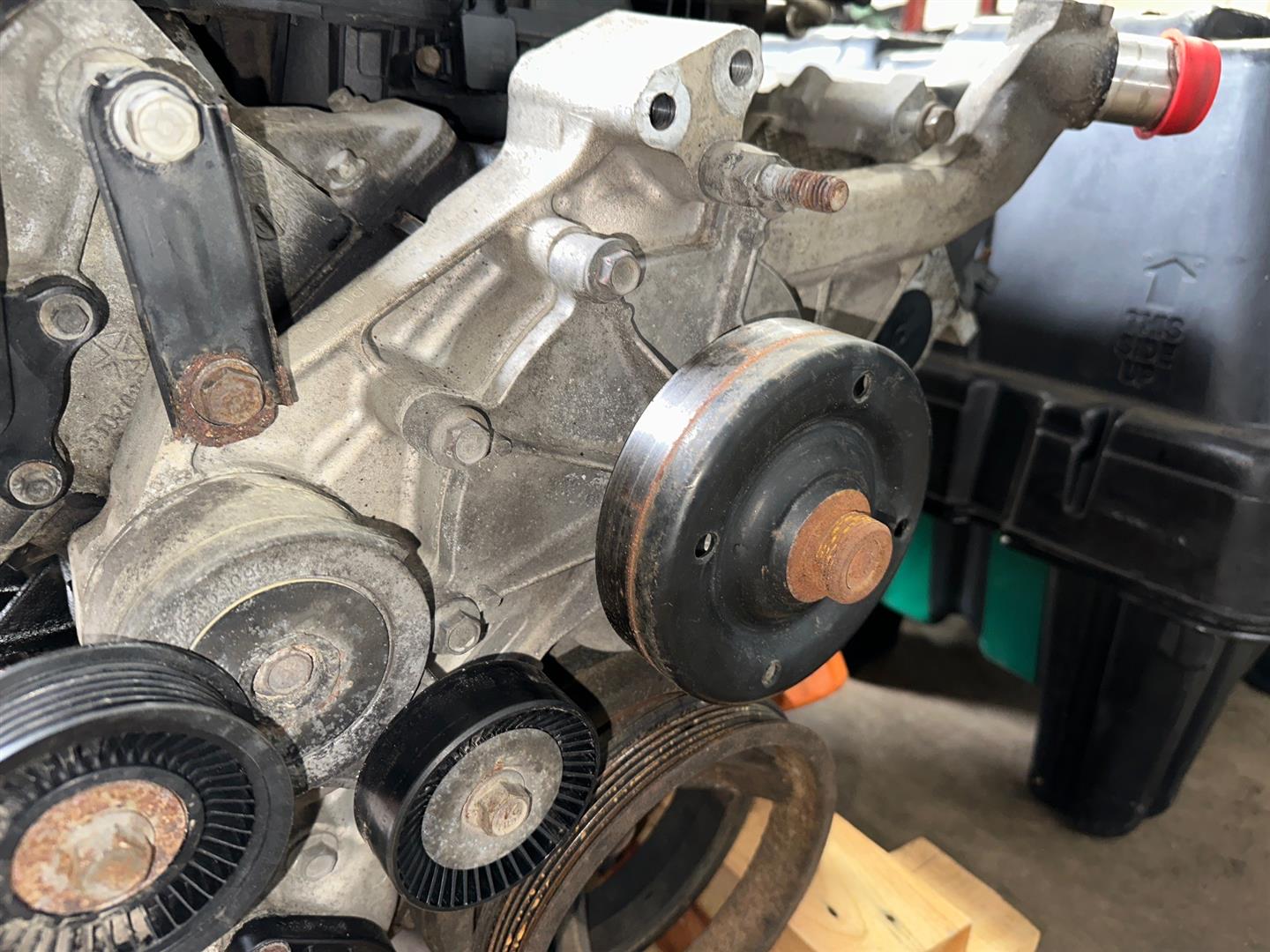
One of the most critical components of your car is the water pump. But what exactly is a water pump, and why is it so essential for your car? A water pump circulates coolant throughout the engine and transfers heat from the engine to the radiator. It maintains a consistent temperature throughout the engine. A water pump consists of a rotor, a housing, and an impeller. The rotor is connected to the engine's crankshaft via a belt. It rotates the impeller inside the housing, which pumps coolant through the engine. Due to a lot of mechanical wear and tear, water pumps tend to fail over time. The most common sign of a failing water pump is visible coolant leakage underneath your car. If you notice a leak, you sho ... read more
Posted on 8/31/2023
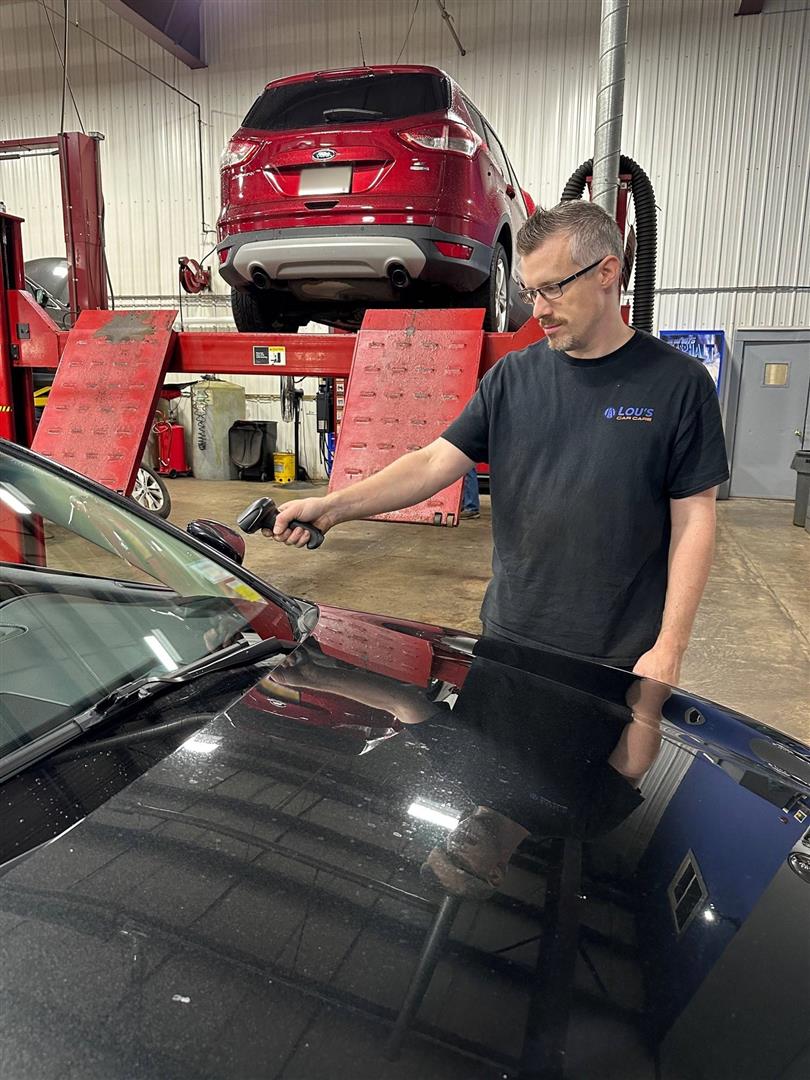
Is your car ready for a New York State (NYS) inspection? It's important to do this for a few good reasons. These inspections help keep our roads safe and lower the harmful stuff that cars put into the air. Let's talk about why you should get an NYS inspection and what goes on when your car gets checked. It's the law Every car registered in New York has to go through a checkup every year. This makes sure that all cars driving around meet the least amount of safety and clean air rules made by the DMV. More safety Getting your car inspected in NYS can help make sure you and the people with you are safe. This check looks at really important parts of your car like the brakes, lights, and tires. If something's not working right, they can tell you an ... read more
Posted on 8/24/2023
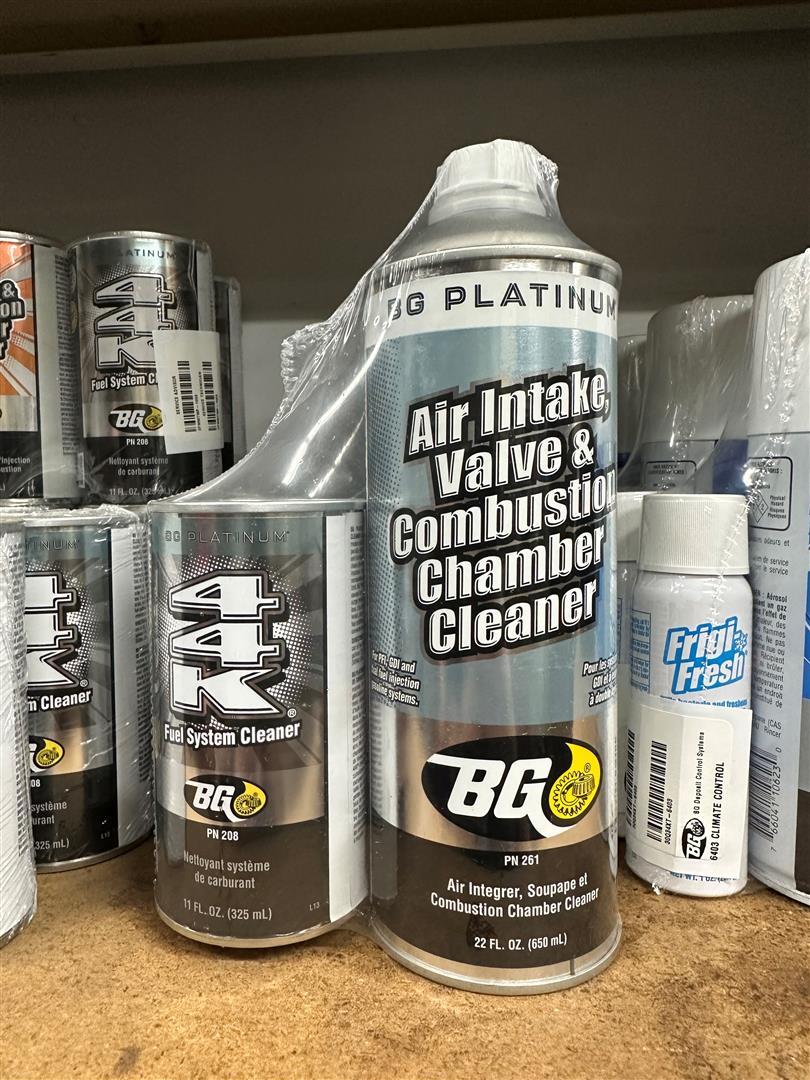
It's essential to maintain your vehicle regularly. One of the critical components of this maintenance is fuel system cleaning. This is also known as fuel injector cleaning. A fuel system cleaner is designed to eliminate dirt, debris, and other contaminants in your car's fuel system. The process involves adding a specialized fluid to your fuel tank. This fluid is then mixed with gasoline and runs through your engine to clean it entirely. Learn more about fuel system cleaners and how they can benefit your vehicle. Benefits of Fuel System Cleaning A fuel system cleaner can help you in several ways. It helps improve the overall performance of your engine. Regular use of fuel system cleaners ensures your engine runs smoothly. This increases your car's fuel efficiency and reduces emissions. Fuel system cleaners can also end or reduce knocking and pinging noises caused by the vehicle's engi ... read more
Posted on 8/1/2023
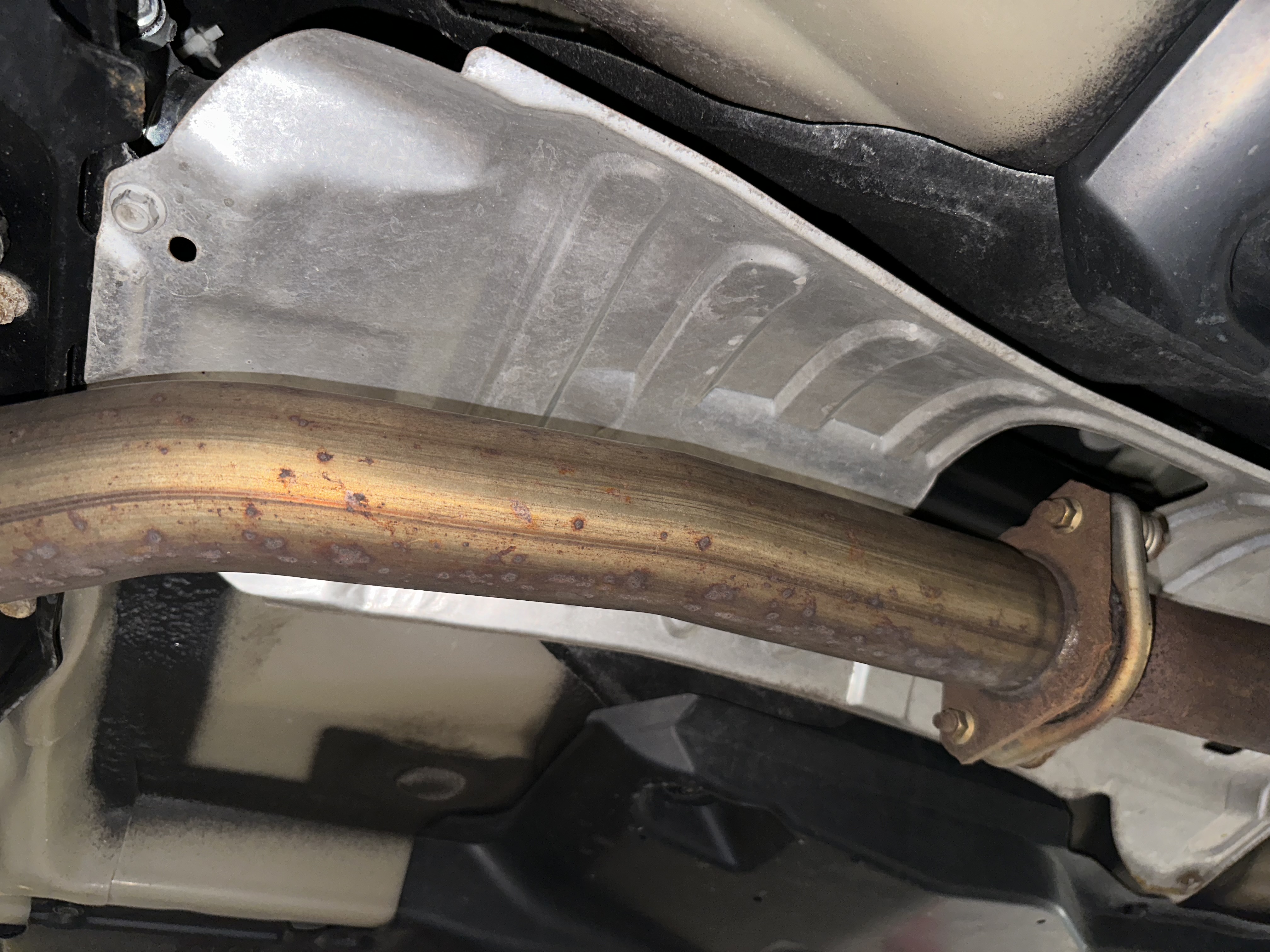
Heat shields are essential components found under vehicles. They protect parts from the intense heat generated by the engine and exhaust system. They act as thermal barriers. And are made of materials like aluminum, stainless steel, or fiberglass. These are known for their excellent heat reflection and absorption capabilities. You'll find heat shields strategically placed throughout your car, serving different purposes: Around the engine: They protect the engine block and intake manifold from the extreme heat produced during combustion. Around the exhaust system: Heat shields protect the exhaust pipes, muffler, and catalytic converter. This ensures they don't get damaged due to the high temperatures of exhaust gases. Under the car: They are also installed under the car. This will h ... read more